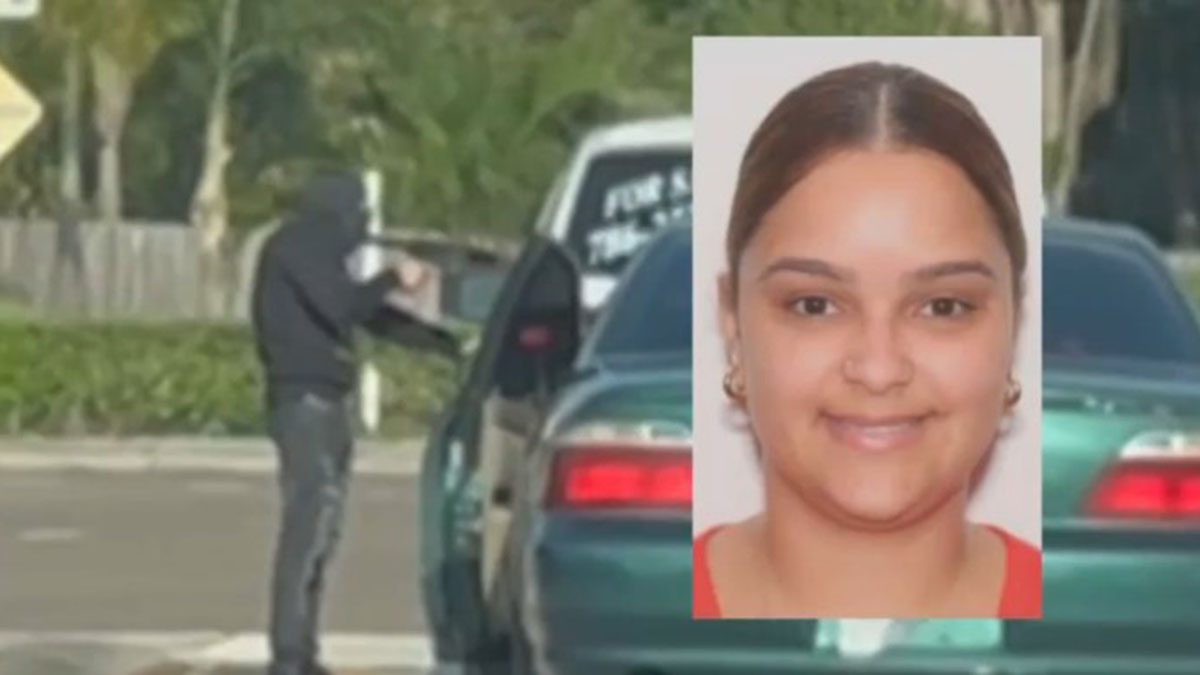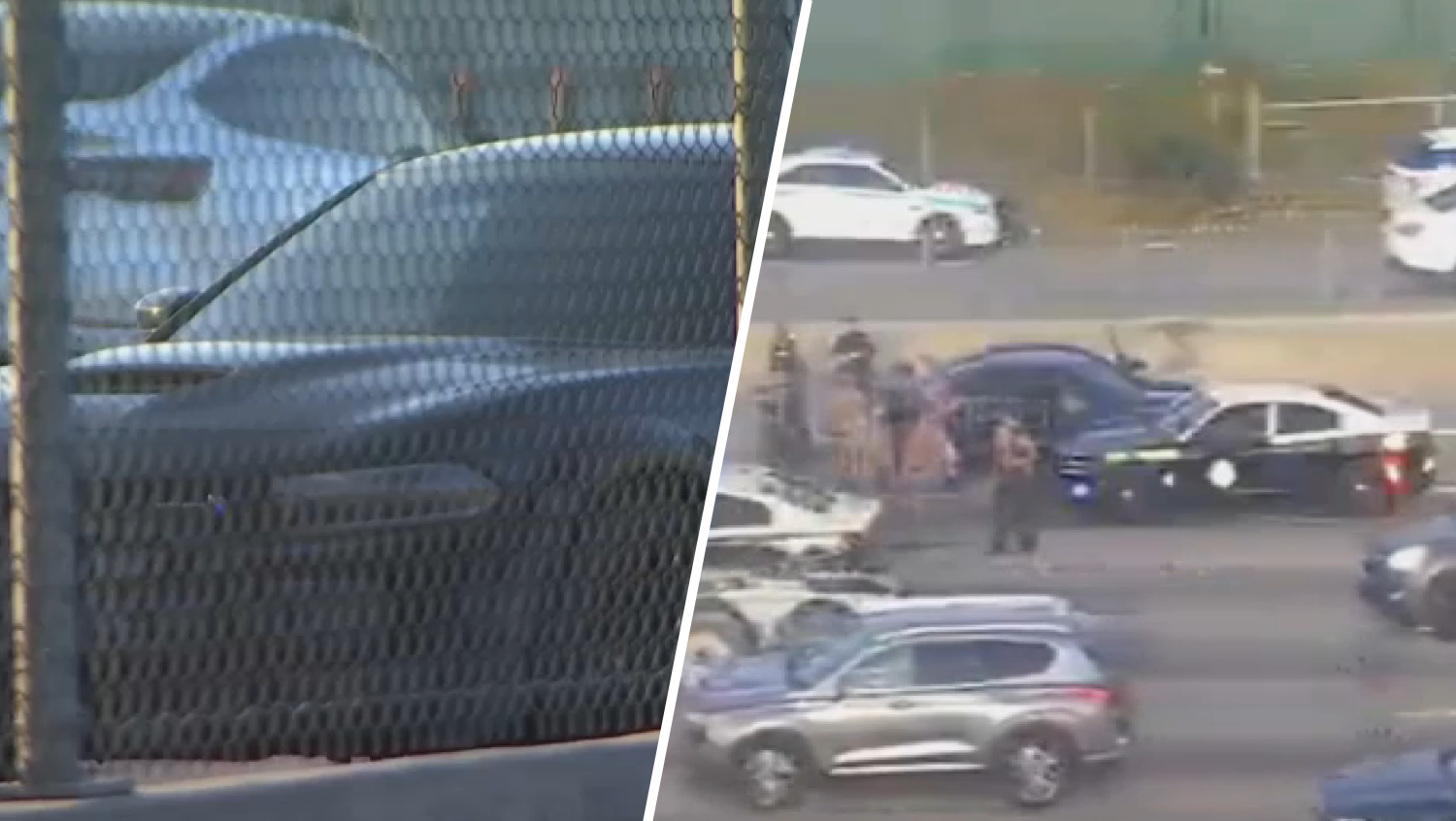They break the law just about every time they leave their home: undocumented immigrants in South Florida getting behind the wheel without a valid driver’s license.
While no one knows exactly how many of the estimated 500,000 undocumented South Floridians drive, these motorists can impact other drivers. Without a license, some of those drivers could be driving without insurance.
One Colombian mother who has been driving in Miami without a license for ten years agreed to talk to NBC 6 if we would protect her identity and not use her or her family’s real names.
“It’s a risk but many people have to drive because they have to go to work,” said Maria.
Maria has been living in South Florida for 17 years. She moved to the United States seeking political asylum. Maria and her husband are under a deportation order.
Maria says she one reason she drives is to get to her job on time as a makeup artist. More importantly, she says driving helps her create a more normal life for her children.
Her son, Jose, 20, is legally living in this country through the Dream Act and her younger child is a US-born citizen.
Local
She says she and her husband, who has also been driving without a valid license, have been driving even more carefully recently.
“I don’t want to be in an accident,” said Maria.
Maria’s son, Jose, fears what would happen if his mom gets in an accident or is stopped by police while driving.
“Every day when they leave the house I feel worried because whatever little thing they can get stopped,” said Jose, “You don’t know what that cop might say, ‘Oh, we’re taking you in because you don’t have your license’.”
If his parents were to be deported, he would be responsible for his younger brother and grandmother.
“It’d be very difficult to study and work and put food on the table for them,” said Jose.
While there is no way to know how many undocumented immigrants are driving, NBC 6 has learned that when an unlicensed driver is stopped in Florida, the state assigns them a number. Florida has generated more than 200,000 numbers to drivers between the ages of 18 and 65.
Some states are trying to combat the problem by allowing undocumented immigrants to get driver’s licenses. In California, more than 865,000 undocumented immigrants already have one.
The Florida Highway Patrol says the law in Florida has not changed.
“If you are stopped driving without a valid driver’s license, you violated the law,” said Joe Sanchez, a spokesperson for the Florida Highway Patrol. He says they look for an immigration hold. If one is found, they must contact immigration. But he says that that doesn’t happen often.
“If we stop you and you are an illegal immigrant and you don’t have an arrest warrant and you don’t have a warrant on immigration, we basically just write you a ticket,” said Sanchez.
Daniel Gonzalez, an attorney with The Ticket Clinic, says in just one of their 11 Miami-Dade offices they receive about three calls weekly from unlicensed drivers who have been stopped by police.
“They are genuinely afraid,” said Gonzalez. “You can’t live in this city without driving. I get that. So they’ll continue to drive whether they have a license or not.”
Gonzalez says one or two tickets wouldn’t have impacted an undocumented person in the past. However, that could change now.
“Criminal tickets could have immigration consequences,” said Gonzalez.
Mayra Joli, an immigration attorney says that undocumented immigrants shouldn’t take the risk and drive without a driver’s license.
“You cannot be driving because that is the easiest way to get in contact with an officer,” said Joli. “You’re not going to have anything to show and eventually you’re going to end up where? In ICE custody.”
Maria knows the risk and says she stopped driving when she first received her deportation order. Despite that fear she says she slowly started to drive again. “I have to work. I have to take my child to school,” said Maria.
And Jose understands why his parents still drive.
“They do it so we can live in this house and so we can eat every day,” he said.
This family doesn’t have to worry about driving for now. Since NBC 6 interviewed this family their situation has changed.
Maria and her husband are no longer driving without a license.
They each had a driver’s license years ago when they applied for political asylum.
However, when the asylum was denied, they couldn’t renew the license.
Their attorney told NBC 6 both have been allowed to renew their licenses a few weeks ago. The family continues to fight the deportation orders.



